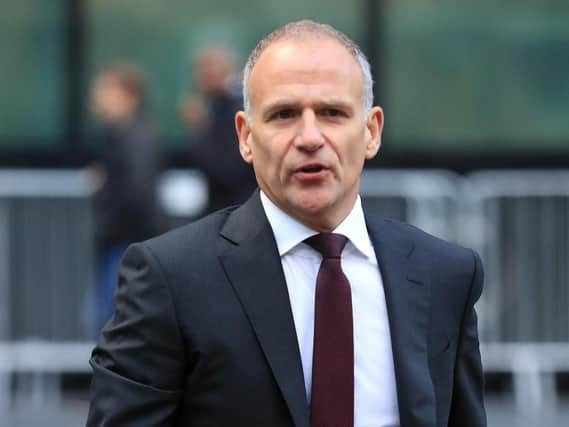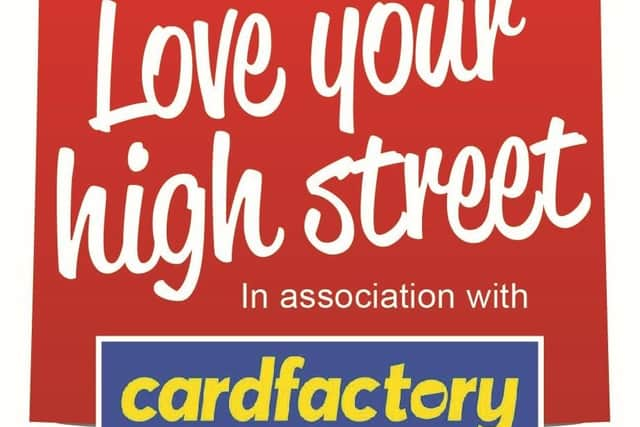Business rates are not reflective of changing high street trends as YEP campaign urges Leeds to love local shops


For most of us shops – like supermarkets – are a great way to tackle the weekly shop or sort the kids’ lunchbox. Beyond that, most of us probably don’t give them much thought.
However, this needs to change and all of us, including policy-makers, should think more about the role shops play in cities like Leeds and the communities that depend on them, to enable them to thrive.
Sadly, shops are under threat.


Advertisement
Hide AdAdvertisement
Hide AdSince March, 82,000 jobs in retail have been lost and many high street premises left empty.
That has many consequences. Not only for the way we all shop – removing the choice of going to touch, feel and buy products, or popping out for forgotten tea bags – but eroding communities and the investment shops bring.
A strong retail sector supports healthy local economies and strong, vibrant communities. Shops are employers, business partners and supporters of local public services and good causes.
Retail accounts for over four million jobs in the UK, providing 10 per cent of jobs in Yorkshire. Our own business supports 7,500 jobs in Leeds alone – in our business and wider supply chain. We also support Yorkshire and the Humber at a grassroots level through charitable and community initiatives worth £2.5m.
Advertisement
Hide AdAdvertisement
Hide AdIn Leeds alone, we’ve invested over £165,000 into 65 local community projects from our Bags of Help scheme, where we take money customers pay for their carrier bag in store and invest it into supporting the community.
Important though they are, shops can fail for a number of reasons. The burden of business rates is one of them. The system was introduced in 1988; a completely different time for retail and society at large.
The rates system simply hasn’t kept pace with changes to the way we shop. Today retail foots around 25 per cent of the UK’s business rates bill, despite representing just five per cent of the economy.
As shops fail, the Government will no longer be able to rely on business rates to pay for the local and national services we need – whether that’s litter collection or healthcare.
Advertisement
Hide AdAdvertisement
Hide AdIf there are no shops to pay business rates, the tax will dry up. There are solutions that could make a difference.
A two per cent levy on goods sold online would raise £1.25bn for the Exchequer, giving power to reduce business rates for bricks and mortar retailers by 20 per cent.
As the largest online grocer, we believe this is the best way to create a level playing field and protect consumers’ choice to shop however they wish.
However, the changes are not resonating fast enough for the likes of Proms and Pearls, an independent dress and occasionwear shop in the Corn Exchange.
Advertisement
Hide AdAdvertisement
Hide AdOwner Michelle Williams said: "We are under the £12,000 threshold but are in a unit that is too small for our business. We could do with three times the space and have been to look at other properties but the rates are more than the rent and it is disheartening but the shop is empty.
“What we could do with that shop window would be a great visual. The rates would finish us off and they have done a lot of shops.
“We would get ten times the business in another location but we can’t grow – it is ridiculous.”
Mr Lewis' words come as part of the Yorshire Evening Post's Love Your High Street campaign where we call on you to help us spread a little love in our high streets.